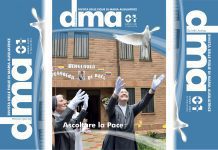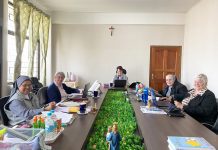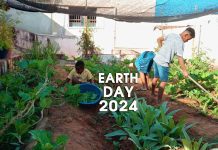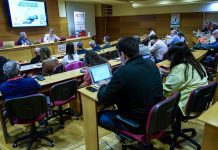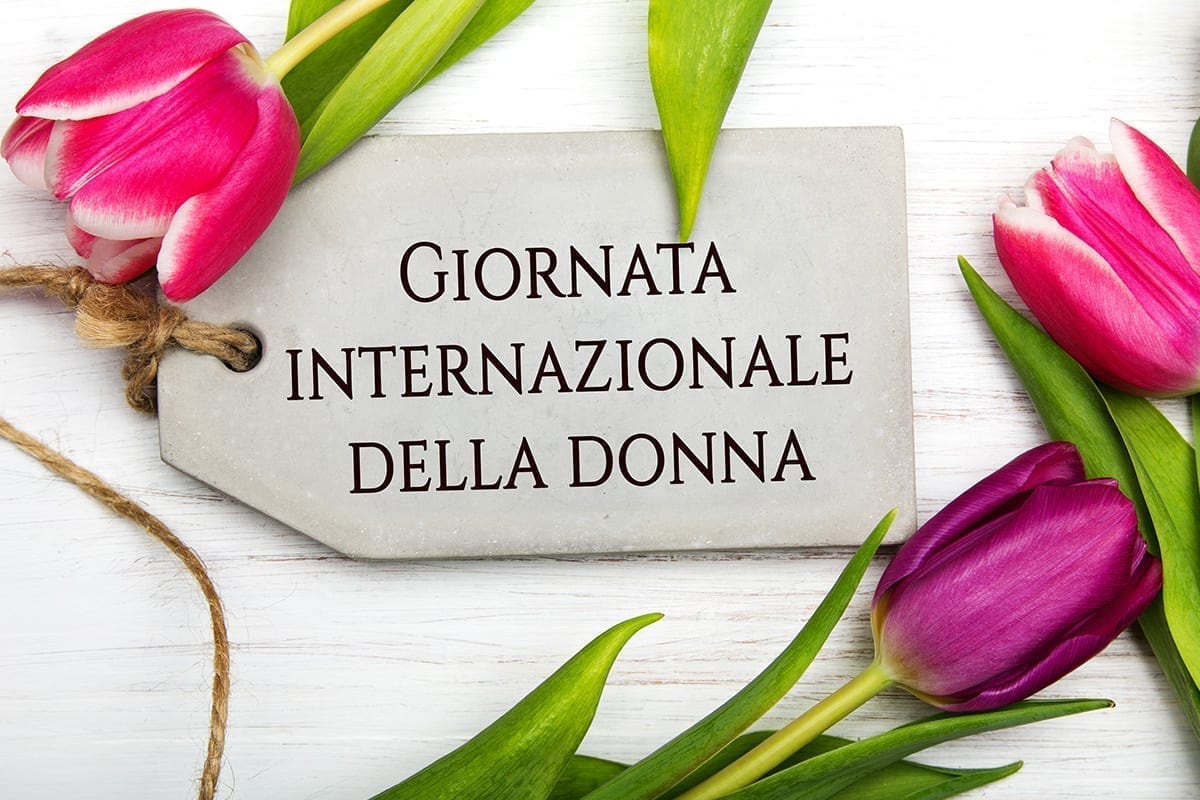Rome (Italy). On 8 March, the International Day of the Woman is celebrated and its theme is: I am Generation Equality: Realizing Women’s Rights.
The Executive Director of Women of the United Nations (UN Women), Phumzile Mlambo-Ngcuka, shows 2020 as the year of equality of the genders, inviting all to reflect on and to mobilize for the rights of women and to celebrate the 10 years of UN Women and the 25 years since the Peking Declaration, recognized as the most relevant action plan for the equality of the genders and the empowerment of women and girls.
On International Women’s Day, there are many initiatives proposed to public opinion to stop and reflect on women, on her role in the Church and in society, on violated rights, on denied freedoms, and on the exploitation to which she is often subjected.
March 8 is an opportunity to pay attention to women, to the need for their presence in life, a date that every year reminds us that there is still work to be done to guarantee women’s rights in many parts of the world: women and girls continue to have few opportunities, to work more and earn less, to take on the weight of unpaid domestic work and assistance, to be victims of various forms of violence in the home and in public spaces.
“A world where women are marginalized is a sterile world, because women not only bring life, but transmit the ability to see beyond. Women are the face and heart of the World. They make us understand the world with different eyes, to feel things with a more creative, more patient, more tender heart. Without women the world would be poorer and more unjust.
The woman is the prevailing face of solidarity, of social cohesion. There are millions of professional women, teachers, housewives, employed workers, entrepreneurs, women religious, mothers, grandmothers, and girls. Knowledgeable women, who look after the essentials and what is beautiful.”
“If we want to weave humanity into the drama of our days, we must start again from the woman. Salvation arose from her, woman (as God chose to incarnate Himself in a woman’s womb) and therefore there is no salvation without the woman” (Pope Francis).
The Institute of the Daughters of Mary Help of Christians, in harmony and synergy with the path traced out by the Catholic Church, from its origins operates in the world for the empowerment of women by emphasizing her enterprising, courageous, and creative presence in the economic and social development of the community.
There are many activities of various kinds promoted by the Associations of the FMA Institute.
The VIDES (International Women’s Volunteer and Development) project in India, “Empowerment of Women with knowledge and skills to end gender-based violence in Tamil Nadu“, aims to prevent gender-based violence by promoting women’s empowerment and the creation of professional courses and awareness campaigns aimed at men and school students.
The Voluntary Youth and Solidarity Foundatione (FVGS Onlus) that for years has been working through Distance Support in favor of girls in Africa, Asia, Latin America, and Europe to guarantee them the right to study, food, health care, and play
IIMA (International Institute Mary Help of Christians) and VIDES International, that on September 25, 2019 in Geneva (Switzerland), during the session of the Human Rights Council, held a Side Event on the theme “Good practices of protection and youth participation through human rights education” highlighting the commitment of the FMA Institute in preventing early school leaving, abuse, child labor, and precocious marriages.
The FMA, together with VIDES International and the young people of VIDES Canada, participate every year in the UN Commission on the Condition of Women in New York, recognizing that “if we want a better world, which is a house of peace and not a war field, we must guarantee the dignity of every woman” (Pope Francis).
As Salesian Educators, we strengthen our commitment in the reception and promotion of the woman: women directly involved in the promotion of other women through development programs, through microcredit projects, through the recovery and reconstruction of shattered identities, through accompaniment and closeness with those who struggle to live in a free and dignified way. There are many women who have emancipated themselves, managing to enter the social context, to open up their own activities, to put into practice what they have learned, and to educate their children in the family.
Today, we celebrate the strength and the perseverance of many women who have shown their untiring struggle to make their talents fructify and place them at the disposition of the Church and of society, and that with their enthusiasm, are transforming the history of their Countries.
“The woman is a giver and mediator of peace and must be fully associated with decision-making processes. Because when women can transmit their gifts, the world finds itself more united and more peaceful. Therefore, a conquest for women is a conquest for all of humanity” (Pope Francis).




